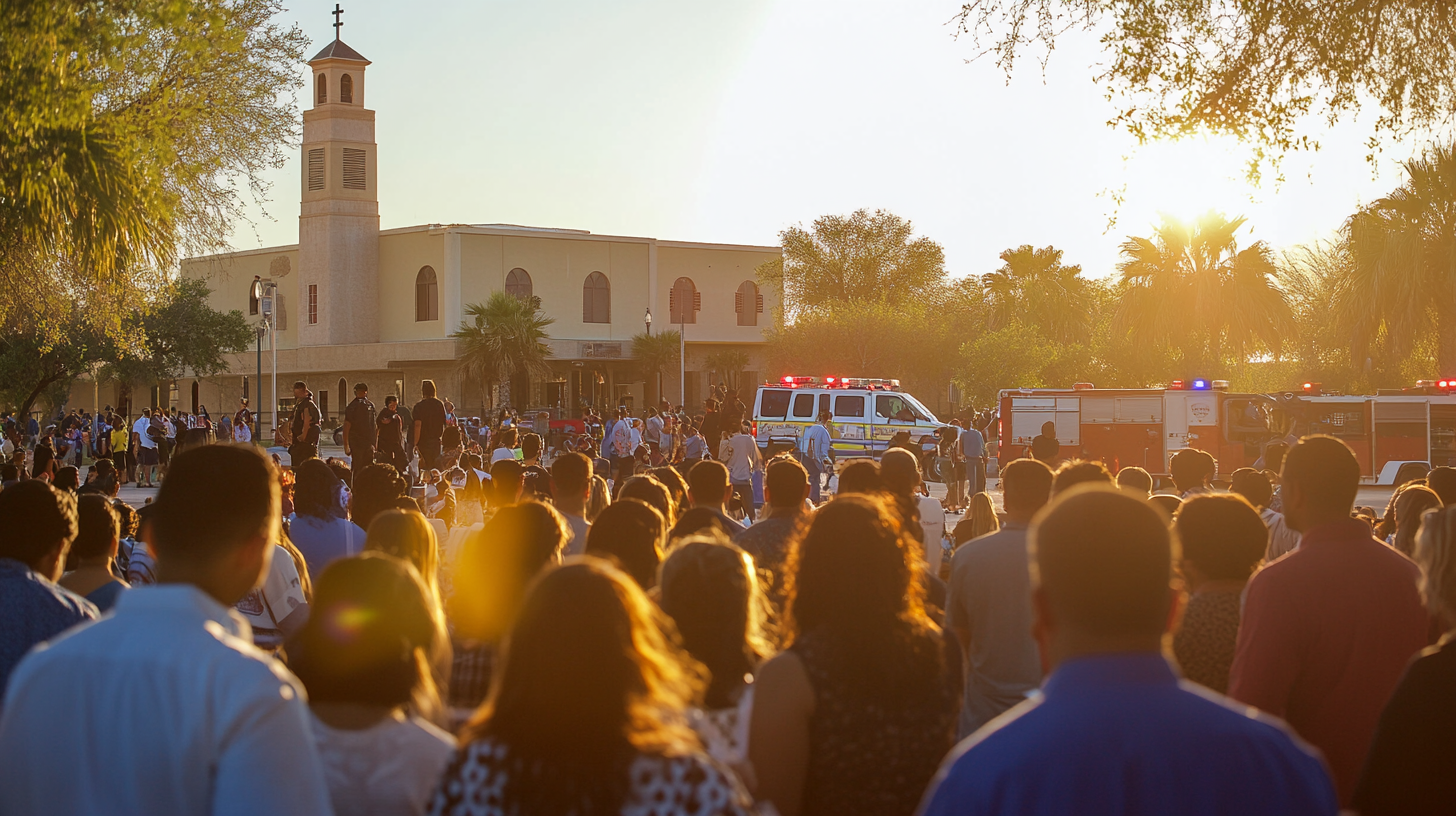In a development raising significant community interest across the Rio Grande Valley and beyond, four international students from the University of Texas Rio Grande Valley (UTRGV) are at the heart of a legal confrontation with the U.S. Department of Homeland Security (DHS) after having their visas abruptly revoked. The students, coming from Mexico, Nepal, and Iran, claim no wrongdoing and have filed a federal lawsuit to contest what they describe as a blanket policy aimed at international students allegedly linked to criminal activities.
UTRGV Students Challenge Visa Revocation
The controversy erupted when these students, deeply integrated into their educational programs, received notice of their visa cancellations, leaving them in a precarious position. Their swift movement into the legal arena underscores a wellspring of frustration and fear among Valley residents and the broader community of international students, who often view education in the U.S. as a pathway to better opportunities.
Dr. Gary Joe Mounce, a writer and political analyst based in the Rio Grande Valley, has highlighted this situation, urging a deeper examination of past historical events to understand the present issues. “This isn’t just about four students; it’s about a broader systemic issue that impacts our community’s ethos and the fabric of what makes America a land of opportunity,” stated Dr. Mounce.
The UTRGV administration has echoed commitment to navigating the complex legal scenario while providing support to affected students. Nevertheless, questions linger regarding the sweeping nature of the DHS policy, perceived by some as excessively harsh and indiscriminate.
Legal Perspectives: Compliance or Overreach?
Attorneys representing the students maintain that their clients have dutifully adhered to all immigration regulations, and the visa revocations lack valid grounds. They argue that the government’s approach appears punitive and is intended to coerce “self-deportation” through bureaucratic pressure rather than actual infractions.
Locally, such legal battles resonate deeply with Valley residents, who live amidst rich cultural exchanges and immigration narratives forming the community’s backbone. Ana Rodriguez, an immigration lawyer in Brownsville, suggests that the issue could set a concerning precedent for other international students. “We’re looking at a significant overreach that could jeopardize the lives and careers of many more students if not addressed judiciously,” she warned.
Community Repercussions and Historical Reflections
The impact on the Rio Grande Valley is multi-faceted. As a border region heavily reliant on cross-cultural interactions and international students’ contributions, such developments could strain communal ties and reinforce narratives of uncertainty and fear.
Dr. Mounce’s reference to “Judgment at Nuremberg,” a classic film underscoring accountability and justice during historical moments of fear and manipulation, urges reflection. “There’s a vital need for public awareness and media coverage to ensure justice prevails against potential overreaches,” argues Mounce, echoing philosopher George Santayana’s caution that failing to remember history risks repeating it.
Balancing Immigration Policies with Ethical Governance
Amidst the mounting tension, perspectives diverge on balancing immigration policies with ethical governance. Former President Donald Trump’s administration initiated several contentious immigration measures with echoes in current practices, drawing criticism for lacking sensitivity and proportionality.
Concerns have been raised about isolated incidents allegedly involving deportation under dangerous circumstances. While these reports require substantive proof, they amplify discourse on adequate, humane treatment of immigrants and international students.
Navigating Future Implications
Looking forward, the Valley community must stay vigilant, informed, and engaged in discussions shaping immigration practices. Educational institutions, policymakers, and stakeholders have roles in constructing a more just framework that addresses both national security and human rights.
In this case, the community can expect ongoing legal developments to not only shape immediate outcomes for the involved students but also influence broader immigration strategies affecting South Texas and similar regions.
Residents seeking support or wishing to contribute to public dialogues can engage with organizations like the UTRGV immigration advocacy group or local legal aid services, ensuring their voices help steer a humane, inclusive future for all Valley residents. The Rio Grande Valley must continue to uphold its rich heritage as a sanctuary of learning, inclusivity, and resilience amidst evolving challenges.







